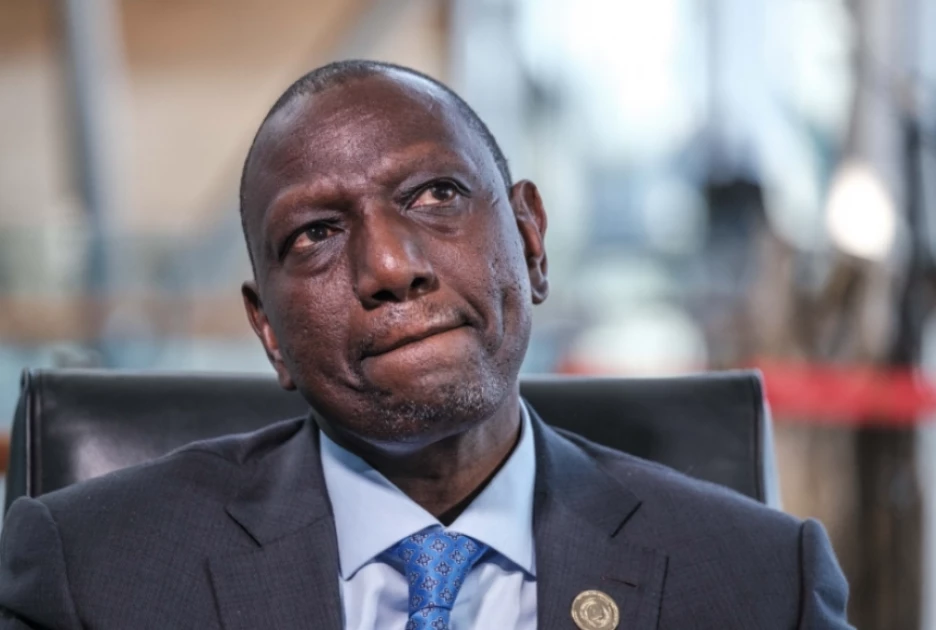Ruto promised the dollar drop to Ksh.115 ‘in a month or so’, five months later, what happened?

President William Ruto. (Photo by Eduardo Soteras/AFP)

Audio By Vocalize
On
April 11, President William Ruto exuded confidence the US dollar exchange rate would drop in what he described as a
phenomenal way to below Ksh.120.
At the time, the dollar was trading at Ksh.134 and
Dr Ruto gave Kenyans a timeline of “one month or so.”
“In the next month or so you will see the
dollar exchange rate coming down in a very phenomenal way. In fact, in my
estimation, in the next couple of months, the exchange rate will come below
Ksh.120, maybe Ksh.115,” Ruto said then.
He said that the drop would be aided by the move to purchase oil products using the Kenyan shilling as opposed to the
dollar, which was setting the country back Ksh.66.8 billion ($500 million) every
month.
“Today as a country we can buy fuel in Kenyan
shillings, something that many people never thought would be possible. From
this month of April, all our fuel marketers will be able to buy our fuel
products in Kenya shillings and it will reduce pressure on our dollars,” said
Ruto.
But five months later, the dollar is even more
expensive, trading at Ksh.148, while fuel prices are at an all-time high.
Two weeks ago, the Energy and Petroleum
Regulatory Authority (EPRA) revised fuel prices upwards by Ksh.16.96 for super
petrol and diesel by Ksh.21.32, while kerosene climbed the highest by Ksh.33.13
per litre.
This pushed the price of super petrol in
Nairobi to Ksh.211.64, diesel to Ksh.200.99, and kerosene to Ksh.202.61 per
litre.
Trade Cabinet Secretary Moses Kuria shortly
after told Kenyans to brace for even higher prices at the pump in the coming
months, saying fuel prices will continue to rise by at least Ksh.10 every month
until February next year.
"Global Crude Prices are on an upward trajectory. For planning purposes expect pump prices to go up by Ksh 10 every month till February," Kuria posted on X, formerly Twitter.
In March, the government entered into an oil
importation deal with Saudi Aramco, the world’s biggest oil company, that would
see the state import petroleum products under a six-month credit and possibly
lead to lower fuel prices.
Petroleum imports account for up to 30 per cent
of Kenya’s annual import bill. Under the deal, Kenya hoped to relieve the
dollar pressure by delaying the payments for petroleum products.
But appearing before the National Assembly’s
Departmental Committee on Energy after EPRA revised fuel prices recently,
Energy Cabinet Secretary Davis Chirchir said the higher fuel
prices expected in the coming months are due to global effects presently
affecting the sector and are out of the government’s control.
He said the Organization of the Petroleum
Exporting Countries (OPEC) has cut down its global oil production by about 3.6
million barrels daily, thereby affecting the availability and pricing of the
commodity.
He also cited the Russia-Ukraine war as another
contributor to a spike in fuel costs, adding that President William Ruto’s removal
of the fuel subsidies put in place by the previous government will see the
prices keep skyrocketing.
CS Chirchir linked the decision to an irreversible pact between Kenya and the International Monetary
Fund (IMF).


Leave a Comment